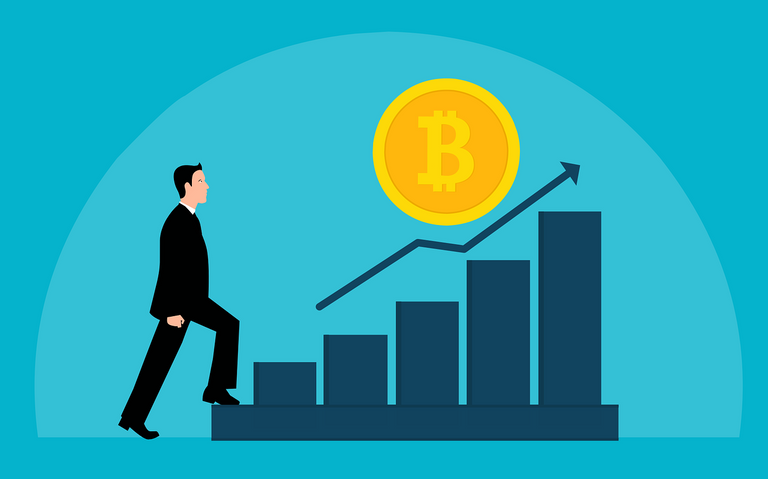
In the world of digital currencies, Bitcoin has emerged as both a revolutionary force and a subject of intense scrutiny. As we navigate the decentralized landscape of cryptocurrency, it's time to unravel the pros and cons that define Bitcoin's presence in the financial and technological spheres. Join the discussion as we explore the nuances of this digital disruptor.

Cons:
Volatility: Bitcoin's value is notoriously volatile, with significant price fluctuations occurring over short periods. This volatility can pose challenges for those using Bitcoin as a store of value or medium of exchange.
Regulatory Uncertainty: The regulatory landscape for cryptocurrencies, including Bitcoin, is often unclear and subject to rapid changes. Regulatory uncertainties can impact investor confidence and adoption.
Energy Consumption: Bitcoin mining, the process of validating transactions, requires substantial computational power, leading to concerns about its environmental impact. The energy-intensive nature of mining has raised questions about sustainability.
Irreversible Transactions: Bitcoin transactions, once confirmed, are irreversible. While this provides security against fraud, it also means that errors or fraudulent transactions cannot be easily rectified, posing risks for users.
Association with Illicit Activities: Bitcoin's pseudonymous nature has been associated with illicit activities, including money laundering and the purchase of illegal goods on the dark web. This association has raised concerns among regulators and the public.

Pros:
Decentralization: Bitcoin operates on a decentralized network, free from control by any central authority. This feature fosters a sense of financial autonomy and reduces the risk of government interference or manipulation.
Financial Inclusion: Bitcoin provides a potential solution for the unbanked and underbanked populations, offering them access to financial services without the need for traditional banking infrastructure.
Limited Supply: With a capped supply of 21 million coins, Bitcoin proponents argue that it provides a hedge against inflation, as scarcity is built into its design, mimicking the properties of precious metals like gold.
Global Transactions: Bitcoin enables quick and relatively low-cost international transactions, especially compared to traditional banking systems. It operates 24/7, allowing for borderless transactions without the need for intermediaries.
Security through Blockchain: The underlying blockchain technology ensures the security and transparency of Bitcoin transactions. The decentralized and tamper-resistant nature of the blockchain contributes to the integrity of the system.

As Bitcoin continues to shape the financial and technological landscape, the pros and cons paint a complex picture. It's a journey where financial innovation meets regulatory challenges, and the potential for financial inclusion encounters the specter of volatility. As we navigate the uncharted territories of cryptocurrency, the dialogue surrounding Bitcoin remains as dynamic as the digital currency itself. 🌐💰
The order in which the Cons and Pros are presented in this article does not signify any bias or preference. The decision to present the Cons before the Pros is purely stylistic and doesn't reflect a predetermined perspective. Both the Pros and Cons are equally important aspects of the topic under discussion. We encourage readers to consider each point independently, recognizing the nuanced complexities surrounding the subject. Whether presented first or last, the goal remains to provide a comprehensive and balanced exploration of the topic.